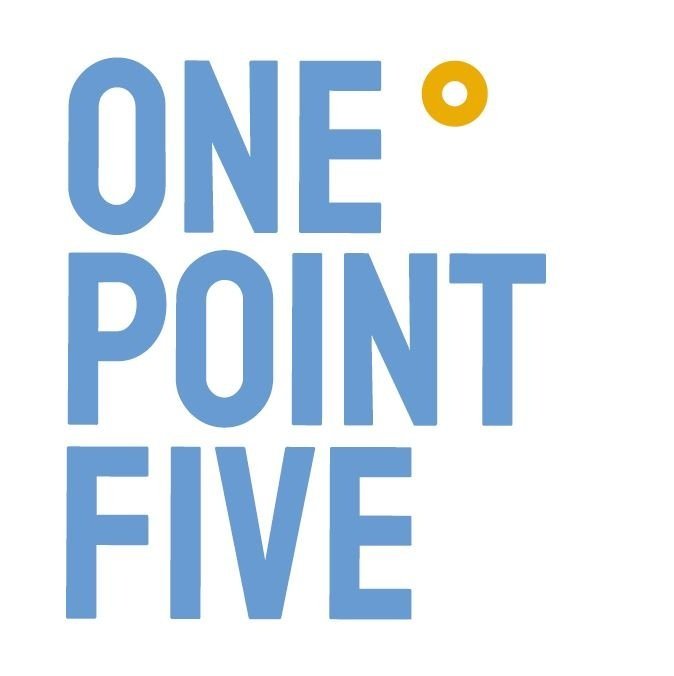How Can You Transition Into Sustainability Using The Skills You Already Have?
A common misconception about leaders in any field is that they knew exactly what they wanted from day one. Yet in reality, careers are rarely a one-way linear road. Bits and pieces of knowledge from one role benefit greatly in another, one conversation leads to a connection that ends up being the key to your next position, and saying yes to opportunities that you never imagined you’d be a part of all come together to build your “dream role”.
When it comes to transitioning into sustainability, you must use the skills you’ve already developed through education, previous positions, and passions. OnePointFive founder Neil Yeoh sat down with Peter Boyd from the Yale School of the Environment (YSE), ex-McKinsey, educated at the University of Oxford, and much more, to hear how he was able to craft a successful career that started outside of sustainability yet has made a big impact on the space. The key to a successful transition was the basis of this live discussion and involves embracing a nonlinear career pathway by finding your “why”, understanding your strengths, and ultimately taking action. Read on for some of the highlights.
How Do You Find Your “Why”?
Image by Freepik
Neil started his career exactly opposite from where he is today: the oil and gas sector. He quickly realized the extent of the problem that the climate crisis poses, and worked to build out OnePointFive with a goal of helping businesses grow without destroying the planet. But at times, he wondered what the point was. He explains that “I took a step back and looked at my vision statement and my why… All of a sudden, the rest of the noise and the issues of climate change bubble away… (Because) this is where I’m supposed to be.”
Finding your own personal “why” through self-reflection and actualization helps steer all areas of your life. To find this unique purpose statement, you need to reflect on your values and what it is you want to accomplish.
One of the best ways to do this is through Ikigai, a Japanese word that refers to the intersection of 1. what you love, 2. what you’re good at, 3. what the world needs, and 4. what you can be paid for. What you should be doing lies right in the center of these four.
What Are Your Strengths?
Every role at every organization gives you experience that can be used throughout your future. Peter spoke of a project manager wanting to transition to sustainability. He explained that “you’ve got loads of transferable skills that the sustainability space needs.” The challenge is “working out how to talk about them and how they translate to the place you’re going.”
His advice for how to do that? Think about what you really want for and from your next job. Then, think about what would make your new job exciting. You can use that knowledge as a framework to continue to learn, grow, and discover, until it’s almost as if the job finds you.
Education is Only 20% of the Answer
As important as self-actualization and learning is, they don’t amount to anything until you take action. As Neil put it, “Education is only 20% of learning, 80% is by applying it”. To unlock your best self and put forth work that you’re proud of, you need to start using these skills in a practical way. That’s why the OPF Academy deliberately uses practical hands-on labs to dissect case studies and have students act as sustainability consultants before their first climate consulting project even comes in.
Both Peter and Neil have been able to act on the skills they’ve picked up through every stage of their careers. When Peter identified a lack of knowledge around leadership frameworks and tools, he unveiled the Connected Leadership Course to help enhance the ability of regular people to make meaningful changes. He fundamentally believes that “everyone has a gift, and if we can match that gift with the tools that everyone deserves to have”, we can build a better tomorrow.
Check out the full discussion between Peter and Neil today.



